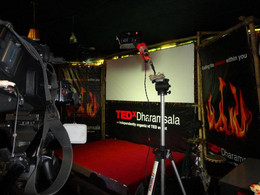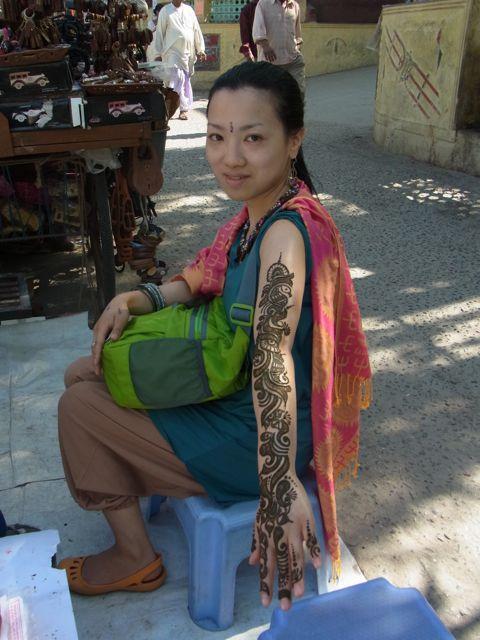Our fast changing, materialistic society is investing heavily on irresponsible lifestyle and it has created lot of issues, right from global warming to malnutrition. Slowly but certainly these issues are impacting our daily life, and we are forced to adapt to the hostile conditions.
Just to list some of these critical problems, which I’m sure you will be able to relate to.
- Global warming, which is slowly but steadily seeping in
- Overexploitation of our limited natural resources
- Blind, unstructured development, which is fast changing the beautiful hilly landscape to ugly concrete jungles
- Huge dependency on non renewable resources
- All sorts of pollution is on increase and hardly any substantial efforts have been made to stop or reduce this problem
- Fast disappearing native culture
- Malnutrition, is highly prevalent among rural kids
- High rate of lifestyle diseases
- Corruption
- Sub-standard quality of products
- Fast eroding values, ethics, etc
- Disconnected from spirituality(freedom, independence ) and connected to religion(captivity, slavery)
- Substandard education and the list keeps growing.
The forward looking human nature, keeps inventing new solutions for its existing problems however the moment it will start Reconnecting to Roots, we can discover that there lies many answers to its current problems. We don’t even have to go very far, just few decades back, our grandparents used to live a responsible lifestyle. They used to worship nature, and anything natural was very sacred, right from our forests to rivers. There used to be heavy penalty if you cut trees, or dirty the natural water resources. People used to be concerned about over-exploitation of their natural resources, they didn’t chop the trees blindly but invested in growing beneficial and local breeds. We at this moment are enjoying the benefits of their vision.
The food which was grown locally was highly nutritious and it offered a healthier lifestyle to them.
The way people used to build houses were much more eco-friendly and weather proof. Lot of them were even earthquake resistant!!
Renewable sources were used wherever possible, right from windmills to Gharats
The more you reflect and rediscover your roots, the more you will realize that instead of investing heavily to invent expensive solution of current problems, we can just modify and reuse solutions which were prevalent in pre-industrialization era.
Through TEDxDharamsala, we would like to share some of these solutions, from local people who are making a difference through their actions.
Speakers
Speakers may not be confirmed. Check event website for more information.


